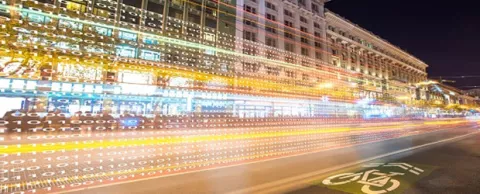
The Council this week facilitated a range of convenings, all of which entailed dialogue on the integration of human, digital and physical systems within the built environment. And we did this because the smart cities movement doesn’t scale until we deeply understand the opportunities at the intersection of the digital and built environment worlds.
Our week started with a long lunch in Melbourne to discuss smart buildings. In an experiment with our Council Partner Aurecon, we brought together eight people to dive deeper into buildings of the future. Engineers, architects, developers and technologists came together for two hours to 'scribble and sketch.' And what came of it? Well, we will release something in the near future that will form part of our smart buildings campaign.
Also delivered this week were the first two workshop sessions for our Code for Smart Communities project. With our strategic partner the Green Building Council of Australia and technical partner Place Design Group, more than 30 policy makers and practitioners gathered to attend sessions in Brisbane and Melbourne. These intense one-day work sessions are contributing to our co-creation process that will see this important document framed up for maximum impact when it is released next year.
And in continuing our commitment to scale the smart cities movement by bringing the digital and built environment worlds together, Smart Cities Council ANZ in collaboration with the Planning Institute of Australia hosted a half-day forum in Perth. Titled "Smart Cities: The Planning Imperative", the event comprised a series of curated panel discussions covering topics such as sustainable urbanism and autonomous vehicles, real-time digital planning tools and smart city deployment experiments.
The smart cities movement is about city-building, and optimising the intersection of digital, human and physical systems to provide better quality of life outcomes, enhanced sustainability and quality jobs. And to do this we need to bring together disparate agendas that don't often talk to each other. We need to build an appreciation of each other's perspectives, goals and skill sets.
Without these new discussions, we don't realise the full potential of what the smart cities agenda offers.
We are building a smart cities movement. Join us.



